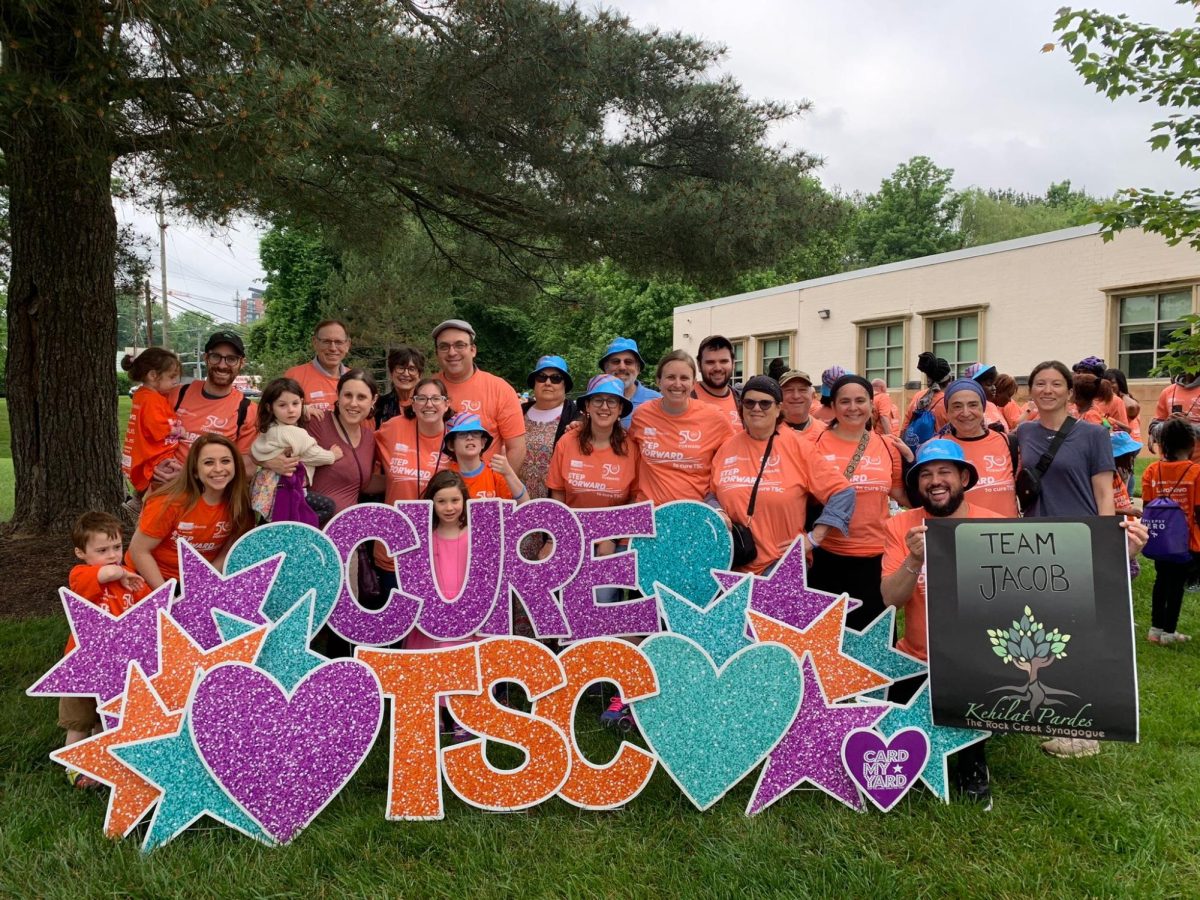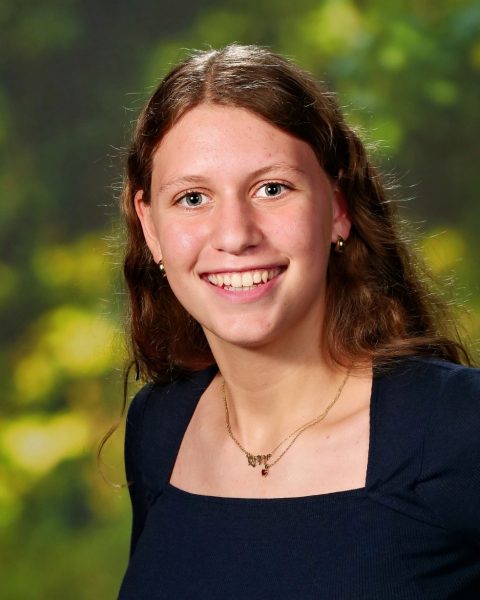While all phases of parenting present challenges, the few months following childbirth involve even more responsibilities. Parents with newborns manage physical recovery, paid leave and the subsequent work-life balance. Multiple teachers at CESJDS are currently experiencing new parenthood and navigating the effects of recently having children.
Parental leave policies have two parts: job protection and financial compensation. While guidelines for parental leave vary, there are state and federal services that guarantee a degree of benefits and protections. The Family and Medical Leave Act (FMLA), passed in 1993, allows eligible employees to take 12 weeks of unpaid leave without the risk of losing their job.
According to the Employee Policy Manual, JDS offers two weeks of paid leave.
Robbie Shorr, Jewish Life Chair and high school math teacher, spent the three months after his daughter Tehila’s birth visiting his wife and newborn in the hospital after work. Tehila was staying in the Neonatal Intensive Care Unit (NICU), due to her two-month premature birth. Shorr officially declared his paid leave when Tehila came home.
“Because she was born so early and had to stay in the hospital for a really long time, we decided it didn’t make sense for me to have paternity leave yet, because I would just be sitting around at home,” Shorr said. “I’d visit her in the hospital obviously, but we decided [it would] be more valuable for my paternity leave to be when Tehila actually came home.”
Although Shorr had access to 12 unpaid weeks of leave from the FMLA, he decided to use his combined total of sick days from his seven years at JDS, in addition to JDS’ 10-day paid family leave days. This easily covered the month Shorr spent on paternity leave, and allowed him to maintain steady income while avoiding the risk of losing his job.
Unlike Shorr, high school Jewish history teacher Anna Band did not have enough sick days to cover her leave, having only worked at JDS for two and half years in contrast to Shorr’s seven and a half.
Band’s son was born in February last year, and Band taught every day up to his birth. Band’s leave lasted 12 weeks, using all of the FMLA’s unpaid employment protection.
“Not receiving a paycheck for a lengthy period of time placed financial strain on my family,” Band said in an email interview. “But we saved up to make it work, because it was really important for me to have that extra bonding time with my son. I personally think that all new parents should be entitled to more paid parental leave in general.”
Band’s lack of access to paid parental leave is not a unique experience; only 27% of U.S. civilian workers have access to any form of paid parental leave. Additionally, the United States is the only country out of 38 in the Organization for Economic Cooperation and Development (OECD) that does not have a nationally mandated paid parental leave policy.
“This issue is not specific to JDS,” Band wrote. “Our country is severely behind the rest of the developed world in terms of parental leave policies. For example, new mothers in Israel are entitled to 26 weeks of maternity leave, 15 of which are paid. In a number of European countries, paid maternity leave spans a full year.”
An administrator currently on leave is Middle School Principal Cassandra Batson. Her maternity leave began Feb. 25 and is scheduled to last the remaining 13 weeks of the school year.
While Batson is on leave, Middle School Assistant Principal Janet Ozer Bass is serving as the active primary middle school principal, with various other administrators serving as backup. Although Batson will not be on campus, she will continue to digitally oversee the planning of the 2025-26 school year.
“I’m just so grateful that I have such a strong and supportive team,” Batson said. “… I’m very grateful that JDS is such a family-oriented, supportive work environment. That’s not always the case.”







